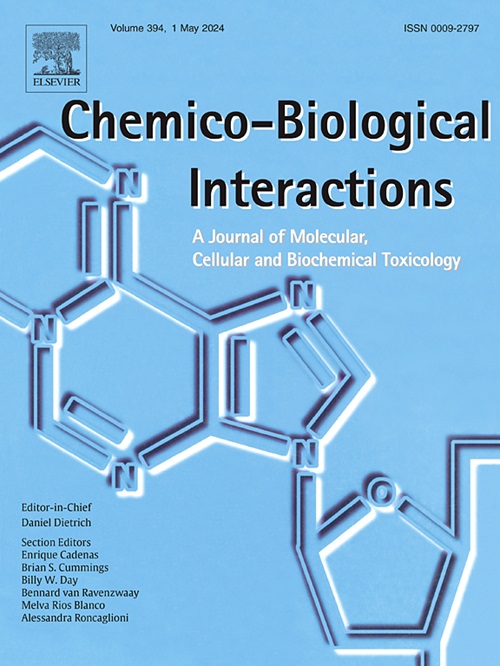The JNK/P38 signalling pathway activated by testin protects the intestinal epithelial barrier against Crohn's disease-like colitis
Abstract
The unknown mechanism that controls intestinal barrier dysfunction in individuals with Crohn's disease (CD) plays a crucial role in the onset of intestinal inflammation. Testin, an intercellular linker protein, has the potential to protect epithelial barrier function. This study aimed to analyse the effects of Testin on CD-like colitis and explore the possible underlying mechanism. Colon samples from CD patients and trinitrobenzene-sulfonic acid (TNBS)-treated mice were collected to examine changes in Testin expression. To assess the therapeutic effects of Testin on CD-like colitis in mice, we examined the symptoms of enteritis, performed histological analysis, and evaluated intestinal barrier permeability. The ability of Testin to stabilize tight junction (TJ) proteins was investigated via immunofluorescence and western blotting. We conducted in vivo and in vitro experiments using colonic organoids and blocking techniques to explore how Testin safeguards the integrity of the intestinal barrier. Testin expression was downregulated in the colons of CD patients and TNBS-treated mice. Increasing Testin expression led to amelioration of colitis symptoms and reduced the production of inflammatory cytokines in the colons of TNBS-induced colitis model mice. Furthermore, increased Testin expression resulted in decreased depletion of TJ proteins (ZO-1 and Claudin-1) and promoted the effectiveness of the intestinal barrier in mice with TNBS-induced colon damage and in lipopolysaccharide (LPS)-stimulated colonic organoids. Elevated Testin levels inactivated the JNK/P38 signalling pathway, potentially contributing to the beneficial impact of Testin on the intestinal barrier. Testin can inhibit the loss of TJ proteins in CD mice by inactivating the JNK/P38 pathway. These findings help to clarify how Testin alleviates CD-like colitis in mice by protecting intestinal barrier function. These findings could lead to the use of a new treatment approach for CD in clinical practice.

 求助内容:
求助内容: 应助结果提醒方式:
应助结果提醒方式:


